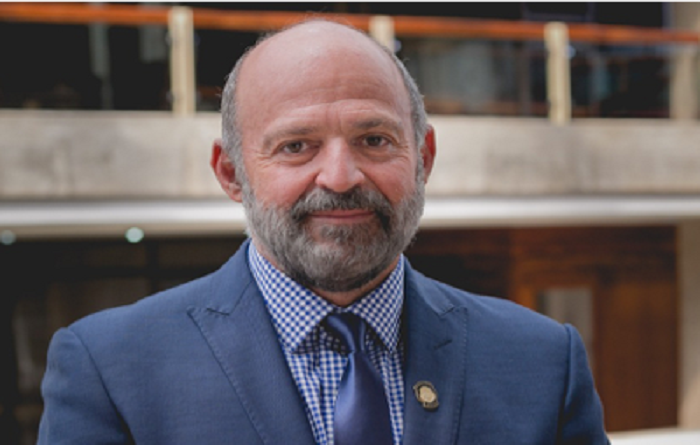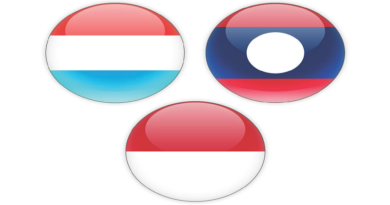GEF to expand ocean support under new high seas treaty
The Global Environment Facility welcomes the draft agreement reached on Saturday March 4, 2023 under the UN Convention on the Law of the Sea on the conservation and sustainable use of marine biodiversity in areas beyond national jurisdiction, known as BBNJ.
More than a decade in the making, the BBNJ agreement commits countries to safeguarding life on the high seas through a variety of means including the equitable use of marine genetic resources, area-based management tools such as marine protected areas, environmental impact assessments, and capacity building and the transfer of marine technology.
The draft text, which will be adopted at a resumed intergovernmental conference at a future date, designates the GEF trust fund as part of the financial mechanism for the new convention, alongside a designated special fund and an additional voluntary fund.
GEF CEO and Chairperson Carlos Manuel Rodríguez welcomed the draft treaty and strong commitment by countries to the sustainable management of the high seas, which make up 40 percent of the surface of the planet, 64 percent of the surface of the ocean and nearly 95 percent of its volume.
“The ocean is a critical source of life, food, energy, and recreation, and we need to care for it. It is extremely heartening to see countries come together to prioritize the biodiversity and ecosystems of the high seas,” said Rodríguez, a former Costa Rican environment minister and avid surfer.
“The Global Environment Facility is honored to serve this important new convention. We are ready to continue and intensify support for biodiversity protection and ocean health on the high seas,” Rodríguez said. “We will support national ratification and implementation of the convention once negotiations have concluded, with the agreement of the GEF Council.”
Areas beyond national jurisdiction are facing multiple threats including overfishing, illegal fishing, mining, oil and gas activities, land-based pollution, habitat loss, and climate change. They also contain marine resources of significant ecological, socioeconomic, and cultural importance. “This agreement will enable these last frontiers of our planet to be conserved and sustainably managed,” Rodríguez said.
The GEF is a family of funds that enables developing countries to meet their commitments under international conventions including those on biodiversity, climate change, desertification, and toxic pollutants. The new high seas treaty expands this role and deepens the GEF’s existing efforts to conserve and promote the sustainable use of ocean biodiversity.
To date, the GEF has invested more than $1.2 billion in the management of shared marine resources, including $80 million for areas beyond national jurisdiction, leveraging more than $500 million in co-financing from other sources. This has included support to regional fisheries management organizations focused on migratory fish and other ocean life, as well as regional ocean governance institutions, and direct support to developing countries.
In the current four-year funding period known as GEF-8, which runs until 2026, the trust fund has allocated $34 million for work in areas beyond national jurisdiction. The GEF has also provided support for capacity building around the sustainable use of marine genetic resources under the Nagoya Protocol and has supported the creation or improved management of 1.4 billion hectares of marine protected areas with $370 million of grants.
More than 100 countries have received support from GEF programs focused on areas beyond national jurisdiction to date




